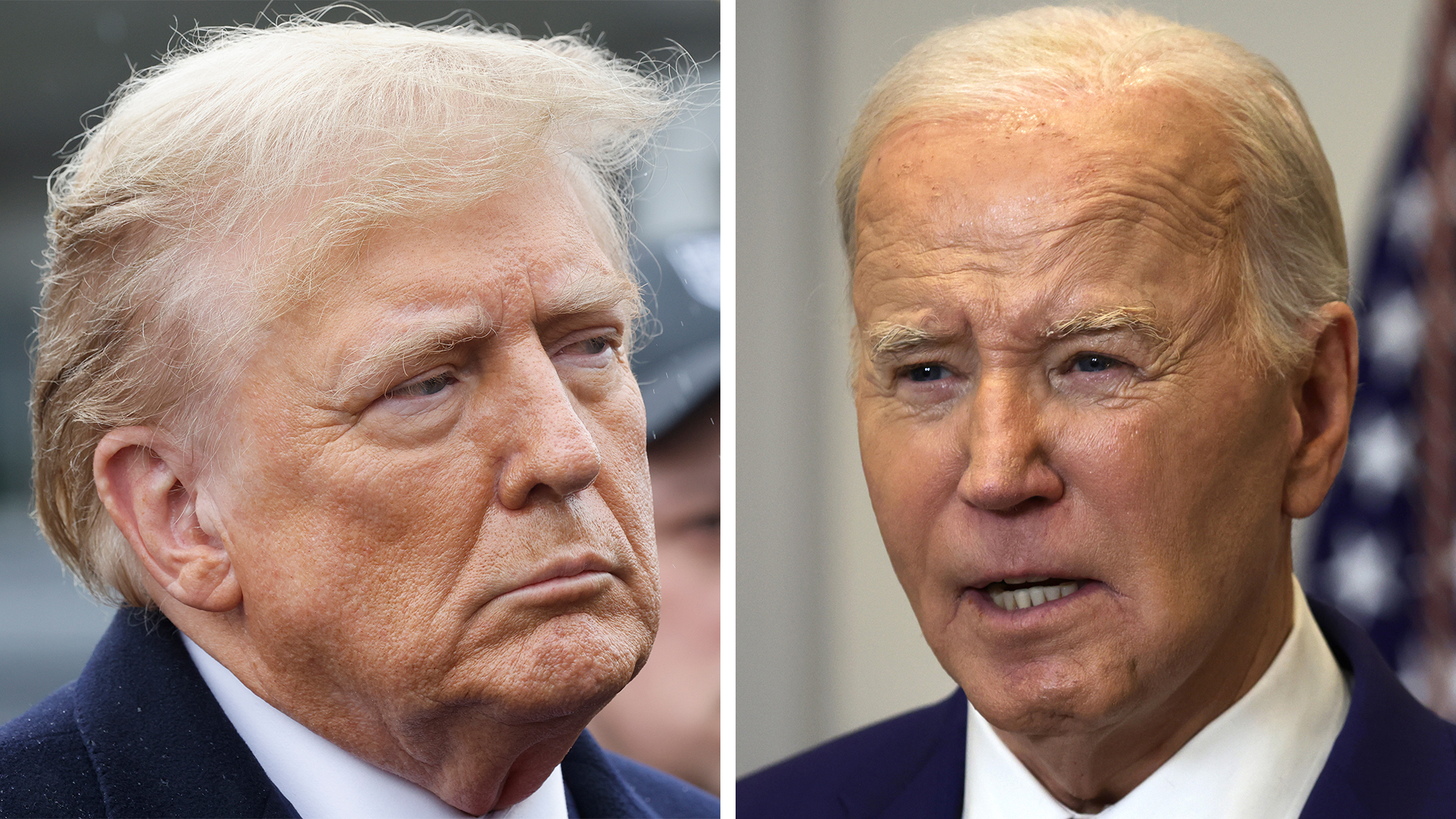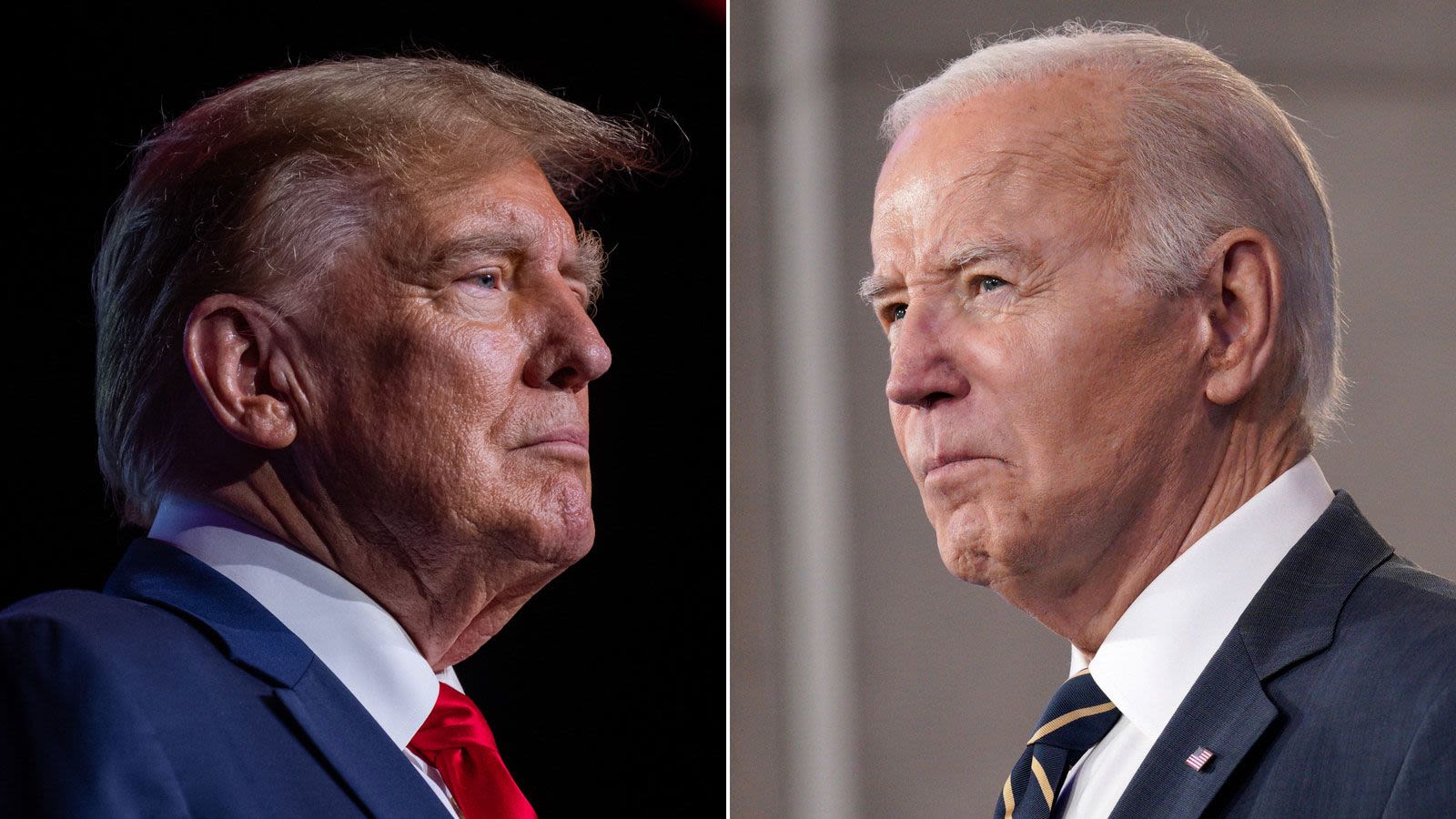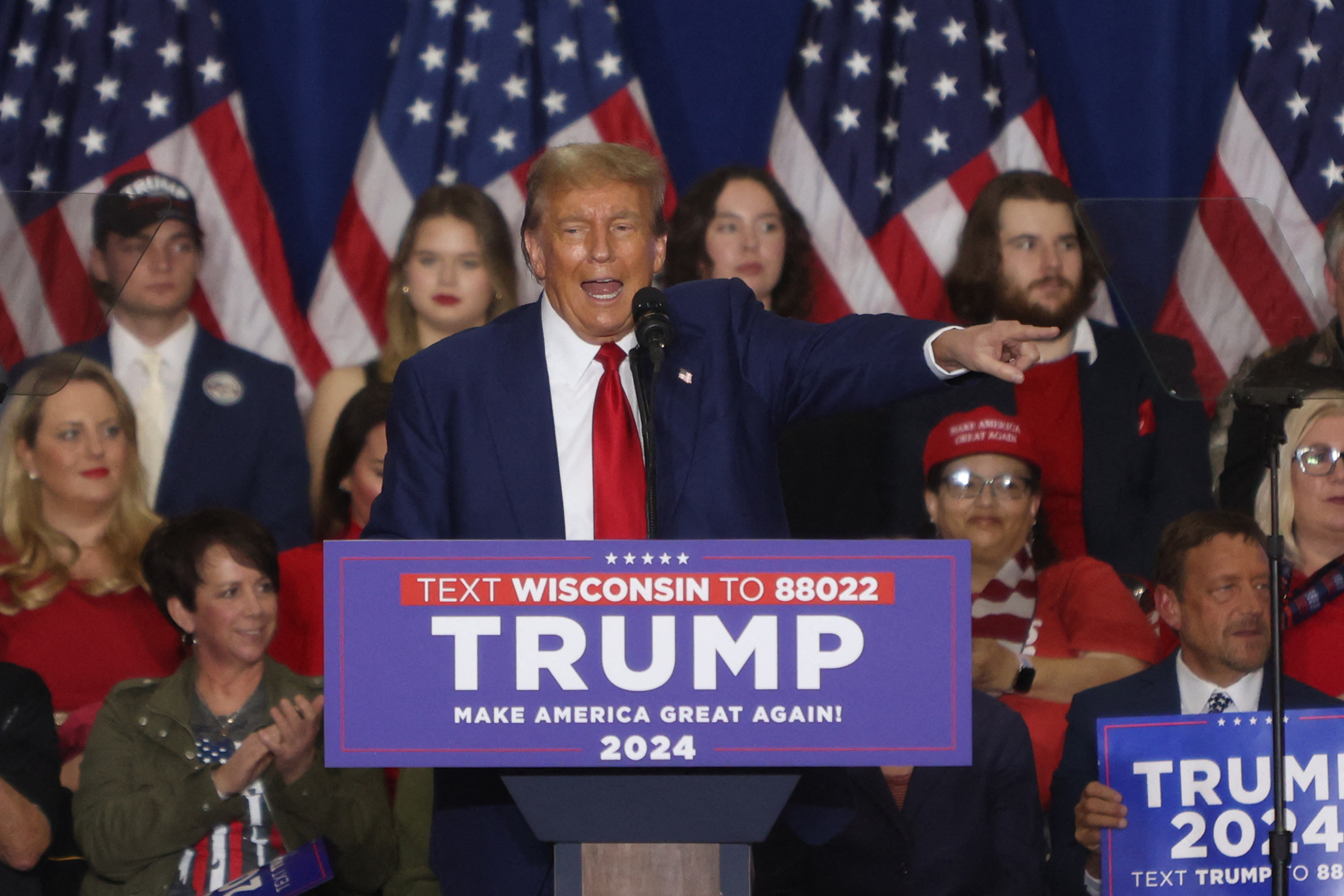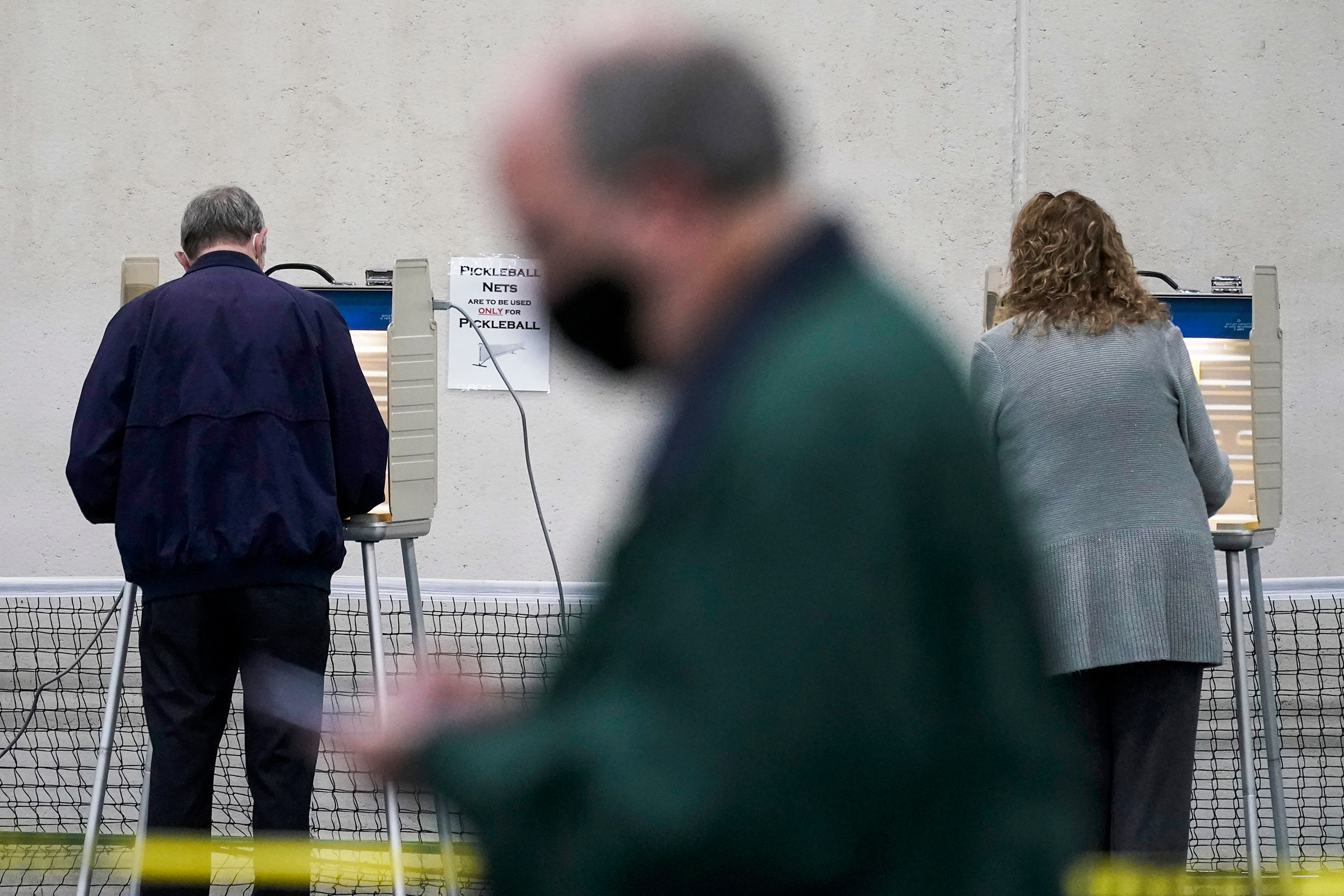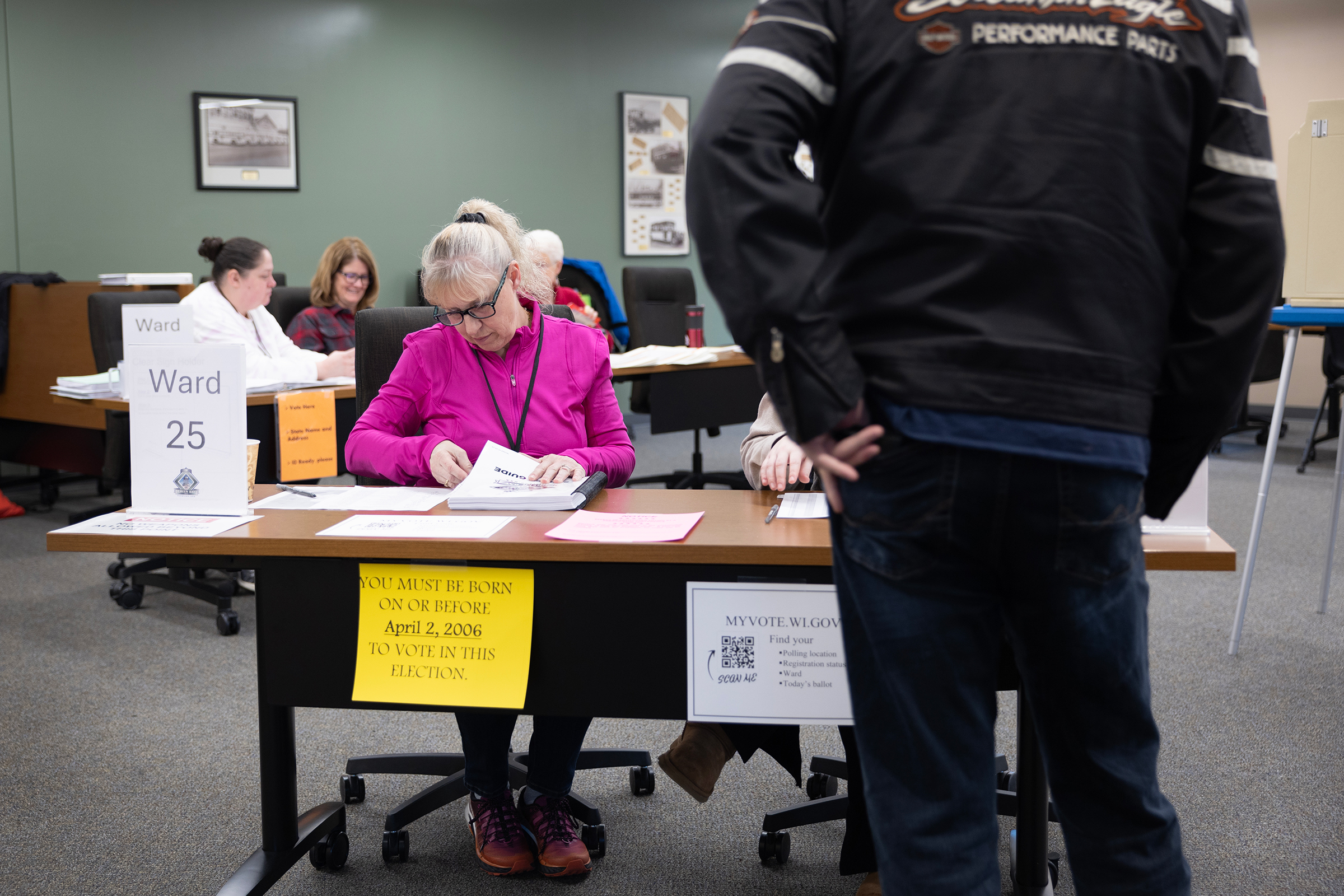
Donald Trump returned to the campaign trail Tuesday with events in two critical Midwest battlegrounds: Michigan and Wisconsin.
Along with Pennsylvania, Trump’s stunning 2016 victories in Michigan and Wisconsin produced a seismic crack in the so-called blue wall of states Democrats had relied on in every election going back to 1992. Trump’s particular success with blue-collar voters gave Republicans optimism for a political realignment that could turn the Rust Belt red for the foreseeable future.
Republicans have struggled to replicate Trump’s initial success in subsequent elections, including in 2020 when President Joe Biden narrowly won all three states en route to victory. Democrats in that time also took over the governors’ offices in Michigan and Wisconsin and flipped a Senate seat in Pennsylvania in 2022 that proved crucial to maintaining control of the chamber.
Still, gone are the days when Democrats could comfortably count on these states to deliver in national elections. Early polls suggest Michigan and Wisconsin pose a challenge for Biden and an opportunity for Trump to mine for electoral votes in the upper Midwest.
Biden won Michigan in 2020 by more than 150,000 votes. The margin was much tighter in Wisconsin, where he came out ahead by about 21,000 votes – a victory of about 0.7 percentage points.
In both states, efforts to subvert the 2020 election – including by enlisting fake electors – have roiled Republican politics, at times aided by Trump. The former president attacked Wisconsin State Assembly Speaker Robin Vos in 2022 for refusing to decertify the state’s presidential result, which he did not have the power to do.
Read more about Trump's events today — and why Michigan and Wisconsin are key.
